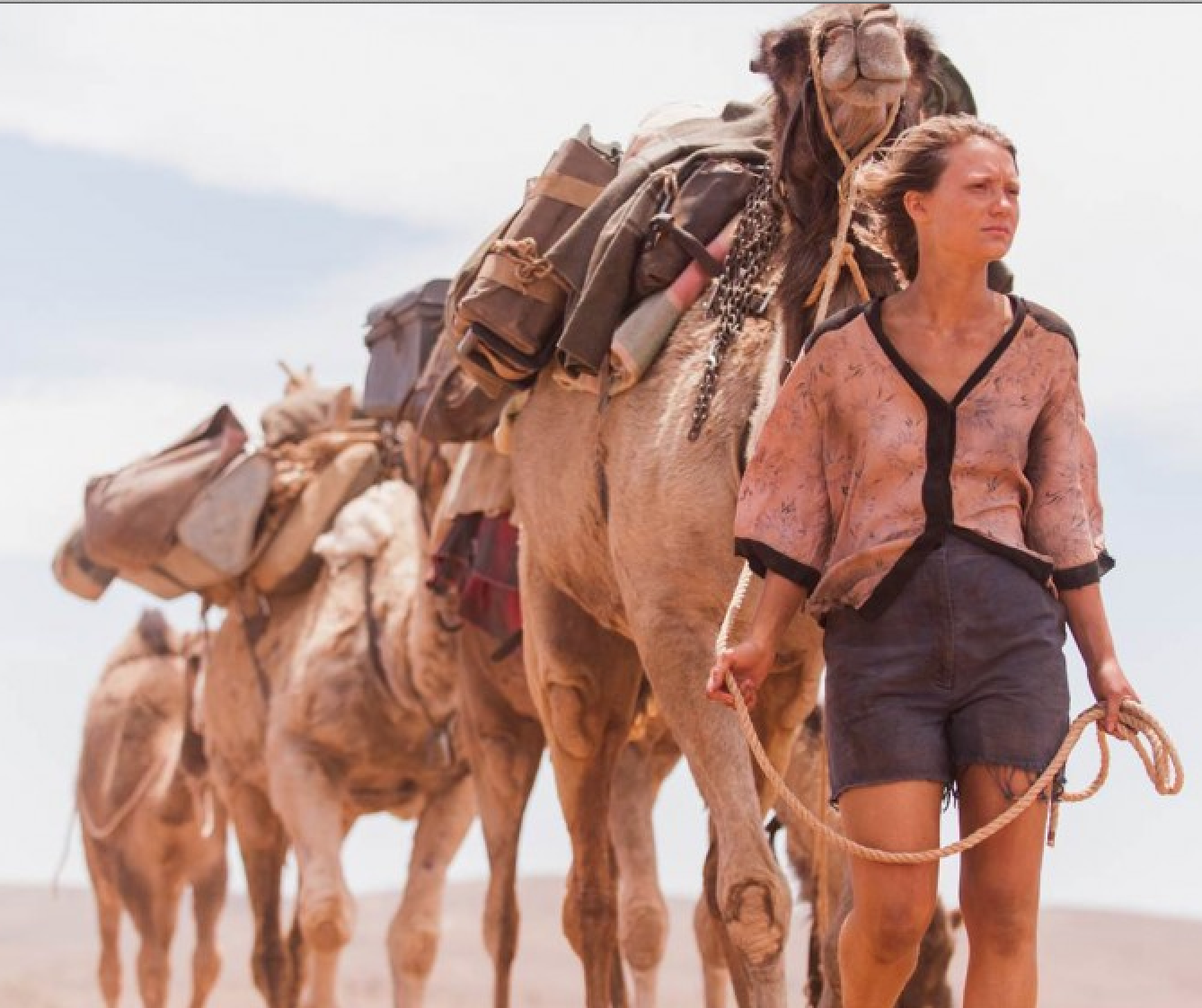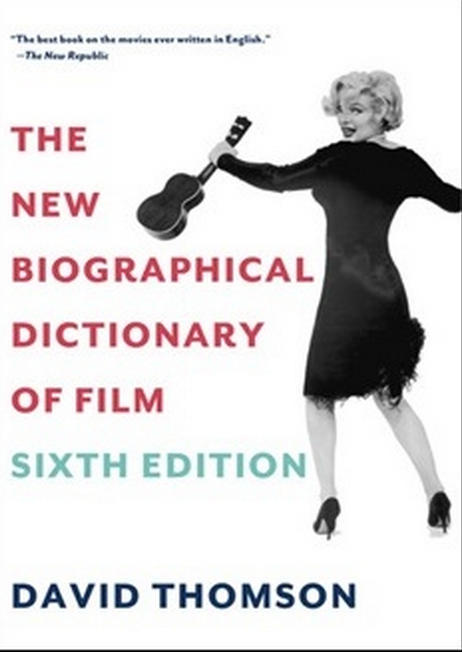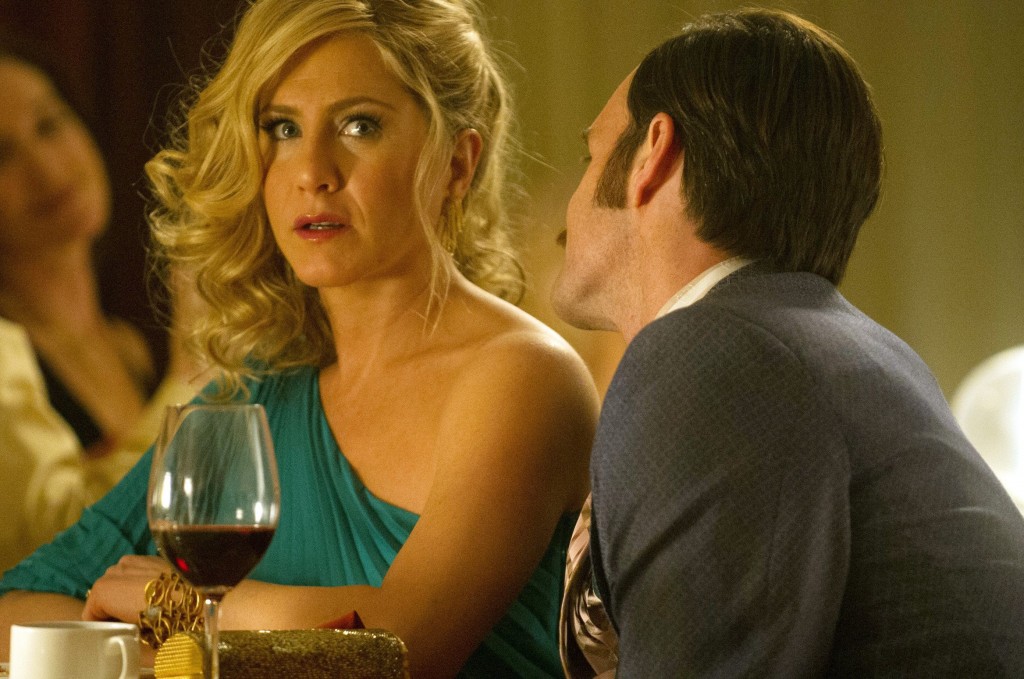 To call Robyn Davidson’s 1980 best-selling memoir Tracks a travelogue is a bit facile. It’s not that it doesn’t conform to the definition of a travelogue: It is about her 1977 trek across 1,700 miles of west Australian desert with four camels and her sweetheart of a dog. But for many men and even more women, the book is also an anthem of liberation – from racism, nationalism, sexism, and from social conditioning itself.
To call Robyn Davidson’s 1980 best-selling memoir Tracks a travelogue is a bit facile. It’s not that it doesn’t conform to the definition of a travelogue: It is about her 1977 trek across 1,700 miles of west Australian desert with four camels and her sweetheart of a dog. But for many men and even more women, the book is also an anthem of liberation – from racism, nationalism, sexism, and from social conditioning itself.
Davidson writes:
The self in a desert did not seem to be an entity living somewhere inside the skull, but a reaction between mind and stimulus. The self in a desert becomes more and more like the desert. It has to, to survive. It becomes limitless, with its roots more in the subconscious than the conscious.
To those tired of the “Me Decade” (which has since lengthened into the “Me Decades”; is it possible we’re having a “Me Millennium?”), Davidson’s rejection of the Western concept of the self comprised the very essence of liberation. The irony was that, having achieved an egoless state out there in the outback (however fleetingly), Davidson bristled at the egotism implicit in self-documentation. Practical Aussie that she was, she still dutifully wrote up her trip for National Geographic magazine, her sponsor. She even allowed photographer Rick Smolan to capture her image as “the camel lady,” as she became known internationally. The book she subsequently wrote relayed her journey as well as the ambivalence she felt about needing anything – from other people to words themselves. It’s an unlikely subject for a bestseller, really. Unless you factor in Davidson’s glamour.

 This interview was originally published in
This interview was originally published in 